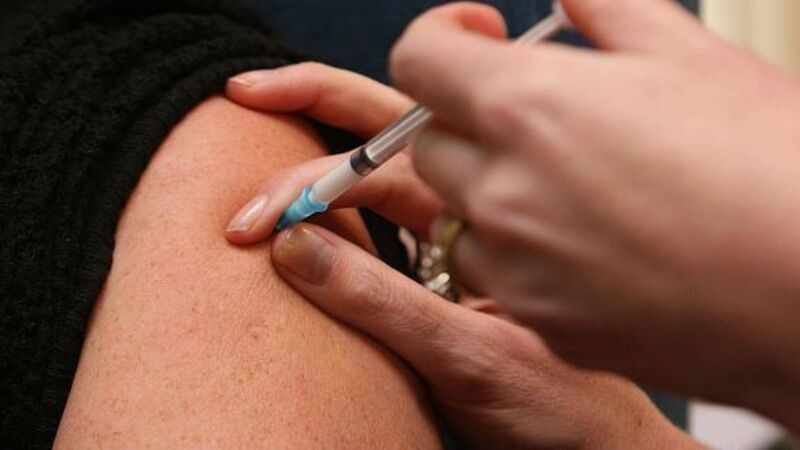Vaccination urged as mumps cases still on the rise

The number of cases reached almost double last year’s by early November, with 414 reported cases nationally, most of them in the Dublin region.
Within the HSE South region of Cork and Kerry, there were 156 notified to health authorities up to last Monday, including a number of outbreaks at schools and third-level colleges in the area.













